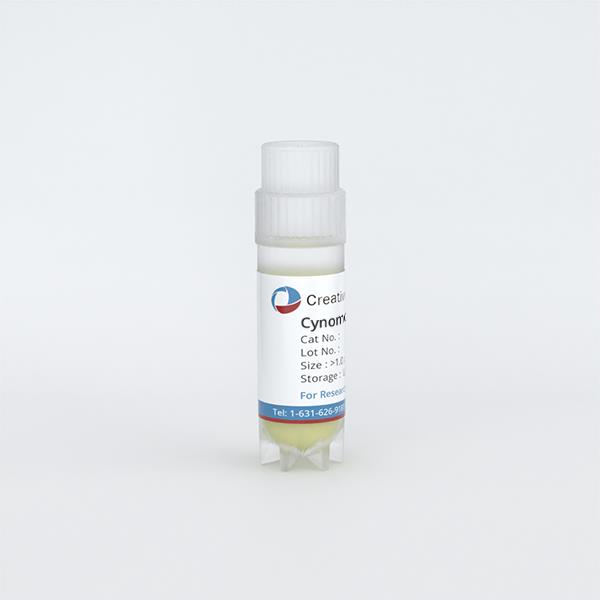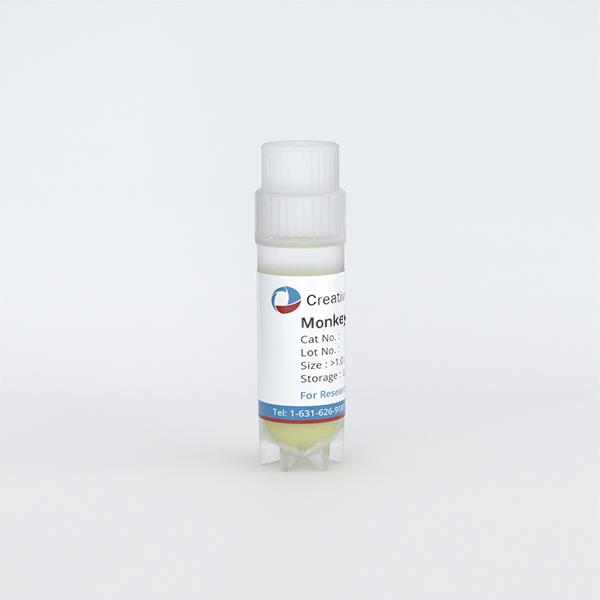Featured Products
Hot Products
ONLINE INQUIRY

Cynomolgus Monkey Bronchial Epithelial Cells
Cat.No.: CSC-C4737L
Species: Monkey
Source: Bronchus
Cell Type: Epithelial Cell
- Specification
- Q & A
- Customer Review
Cat.No.
CSC-C4737L
Description
Cynomolgus Monkey Primary Bronchial Epithelial Cells are isolated from normal Cynomolgus Monkey bronchial tissue.
Species
Monkey
Source
Bronchus
Recommended Medium
Cell Type
Epithelial Cell
Disease
Normal
Quality Control
Cynomolgus Monkey Primary Bronchial Epithelial Cells are tested for expression of markers using antibody, E-cadherin or ZO-1 Rabbit Polyclonal Antibody by immunofluorescence staining. Cynomolgus Monkey Primary Bronchial Epithelial Cells are negative for bacteria, yeast, fungi and mycoplasma. Cells can be expanded for 3-7 passages at a split ratio of 1:2 or 1:3 under the cell culture conditions specified by Creative Bioarray. Repeated freezing and thawing of cells is not recommended.
Storage and Shipping
Creative Bioarray ships frozen cells on dry ice. On receipt, immediately transfer frozen cells to liquid nitrogen (-180 °C) until ready for experimental use.
Never can cryopreserved cells be kept at -20 °C.
Never can cryopreserved cells be kept at -20 °C.
Citation Guidance
If you use this products in your scientific publication, it should be cited in the publication as: Creative Bioarray cat no. If your paper has been published, please click here to submit the PubMed ID of your paper to get a coupon.
Ask a Question
Write your own review
Related Products


